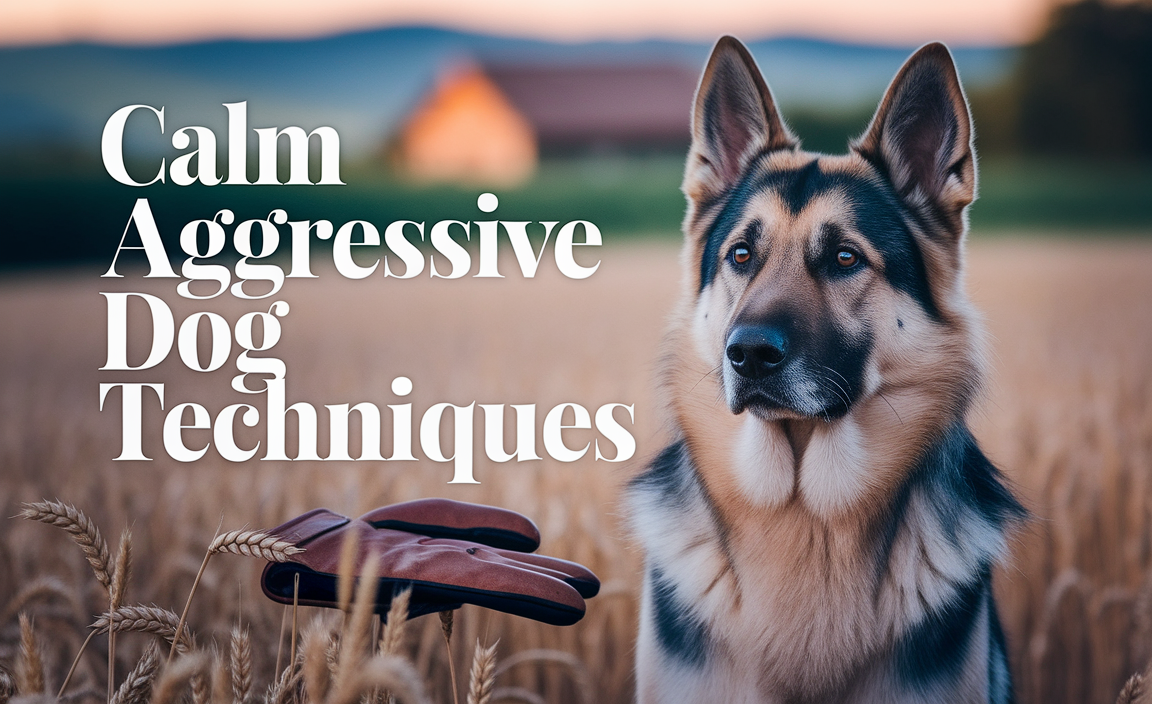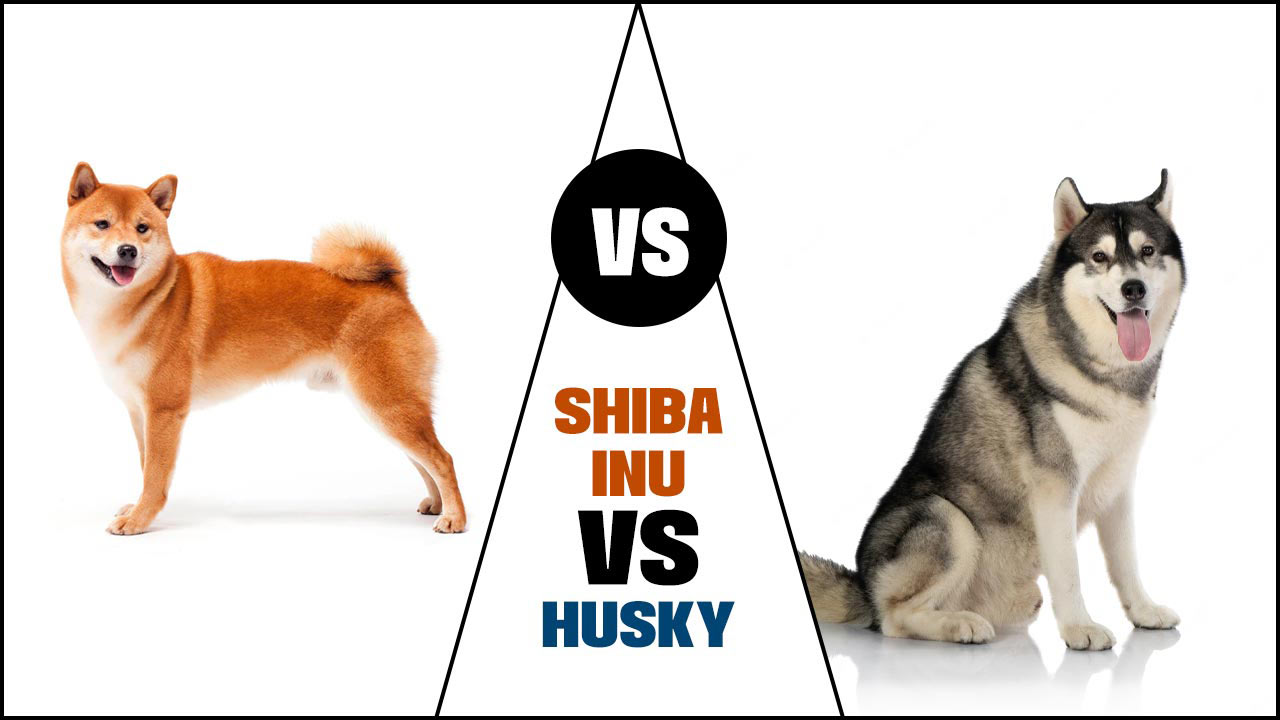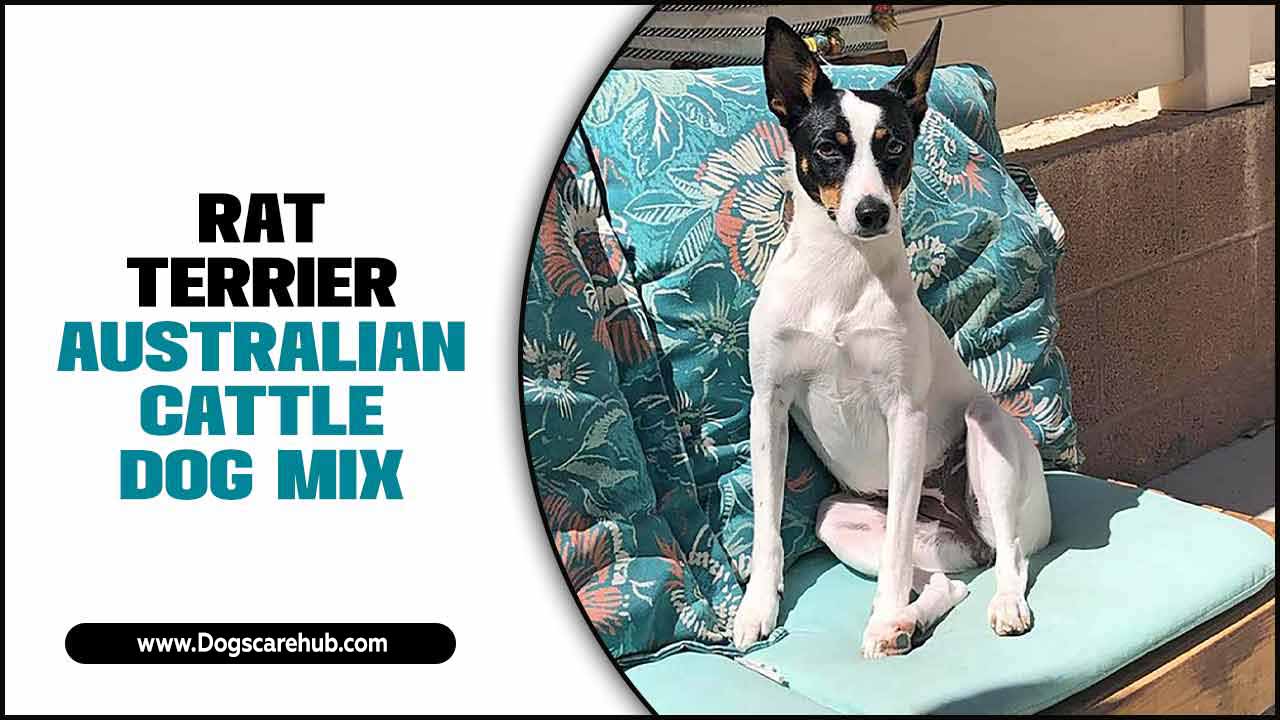Navigating the Best Dog Food for German Shepherd Skin Issues
Finding the best dog food for German Shepherd skin issues can feel like a daunting quest. These intelligent, noble dogs are prone to a variety of skin sensitivities, ranging from environmental allergies to food intolerances. What they eat plays a crucial role in managing these conditions, impacting their coat health, reducing inflammation, and ultimately, improving their overall well-being. This guide will delve into the critical considerations when selecting food for a German Shepherd experiencing skin problems, exploring beneficial ingredients, potential allergens to avoid, and the types of diets that can make a significant difference.
German Shepherds, with their beautiful double coats, are unfortunately susceptible to a range of dermatological concerns. These can manifest as itching, redness, hot spots, hair loss, and even ear infections. While genetics and environmental factors play a part, diet is a powerful, controllable element in a dog’s health management. Understanding the specific nutritional needs and potential triggers for your German Shepherd is the first step towards finding a solution.
Understanding Common German Shepherd Skin Problems
Before we dive into specific food recommendations, it’s important to recognize the common skin issues that affect this breed. These can include:
Allergies: Environmental allergies (to pollen, dust mites, mold) are common, but food allergies are also frequent culprits. These can trigger an overactive immune response leading to skin inflammation and hypersensitivity.
Skin Infections: Bacterial and fungal infections can arise, often secondary to underlying allergies or irritations. A compromised skin barrier makes them more vulnerable.
Nutritional Deficiencies: A lack of essential fatty acids, proteins, or vitamins can lead to a dull coat and dry, flaky skin.
Genetically Predisposed Conditions: Conditions like atopic dermatitis or perianal fistulas can have a genetic link and may require a lifelong, carefully managed diet.
Key Ingredients for a Healthy German Shepherd Coat
When selecting dog food for skin issues for German Shepherds, prioritize ingredients that support skin barrier function, reduce inflammation, and provide essential nutrients.
Omega-3 and Omega-6 Fatty Acids: These are perhaps the most crucial components. Omega-3s (found in fish oil, flaxseed) are potent anti-inflammatories, helping to calm irritated skin. Omega-6s (found in vegetable oils, poultry fat) are vital for maintaining a healthy skin barrier. A balanced ratio is key, and many high-quality foods offer pre-balanced blends. Look for ingredients like salmon oil, krill oil, and flaxseed.
High-Quality Protein Sources: Novel proteins are often recommended for dogs with suspected food allergies. This means proteins they haven’t been exposed to before, such as duck, venison, rabbit, or lamb, can be less likely to trigger a reaction than common proteins like chicken or beef. Look for single-source animal protein as the first ingredient.
Limited Ingredient Diets (LID): These formulations minimize the number of ingredients, making it easier to identify and avoid potential allergens. They often feature a single novel protein and a single carbohydrate source.
Antioxidants: Vitamins E and C, along with other natural antioxidants, help combat free radical damage and support overall immune health, which can indirectly benefit skin health.
Prebiotics and Probiotics: A healthy gut microbiome is directly linked to a healthy immune system and can influence skin health. Prebiotics feed beneficial gut bacteria, while probiotics introduce them.
Decoding Potential Allergens and What to Avoid
Equally important as what to include is what to exclude from your German Shepherd’s diet. Identifying and eliminating common food allergens is paramount.
Common Protein Allergens: While every dog is an individual, chicken, beef, dairy, and lamb are frequent culprits for allergies in dogs. If you suspect a food allergy, your veterinarian will likely recommend an elimination diet using novel protein sources.
Grains: Corn, wheat, and soy are common fillers in many dog foods and can be allergenic for some dogs. While not all grains are problematic, if your vet suspects a grain allergy, opting for grain-free or limited-grain options might be beneficial.
Artificial Additives: Artificial colors, flavors, and preservatives can sometimes trigger sensitivities in dogs, including skin reactions. Opt for foods with natural preservatives like mixed tocopherols (Vitamin E).
The Role of Veterinary Consultation
It is essential to emphasize that embarking on a journey to find the best dog food for German Shepherd skin issues should always begin with a consultation with your veterinarian. They can help diagnose the specific cause of your dog’s skin problems, rule out other medical conditions, and guide you on the most appropriate dietary approach. This might involve:
Allergy Testing: While not always definitive, allergy testing can sometimes provide clues.
Elimination Diet Trial: This is considered the gold standard for diagnosing food allergies. Under veterinary supervision, you’ll feed your dog a highly restricted diet for several weeks, then gradually reintroduce ingredients to identify the offending ones.
* Prescription Diets: For severe or complex skin conditions, your vet may recommend a specialized veterinary-exclusive diet designed for sensitive skin and stomachs. These diets are often hydrolyzed (proteins broken down into smaller molecules that the immune system is less likely to recognize as allergens) or formulated with specific nutrient profiles to support skin health.
Transitioning to a New Diet
Once you and your veterinarian have settled on a new food, transition gradually to avoid upsetting your dog’s digestive system. Mix increasing amounts of the new food with decreasing amounts of the old food over 7-10 days. Monitor your dog closely for any changes in their skin and stool during this period.
Finding the dog food for skin issues for German Shepherds can be a process of trial and error. However, by understanding the factors that contribute to skin health, prioritizing beneficial ingredients, avoiding common allergens, and working closely with your veterinarian, you can significantly improve your German Shepherd’s comfort and well-being. A healthy coat is often a reflection of inner health, showing that you are providing them with the best possible care.
Meet Elyse Colburn, the devoted canine companion and storyteller behind the enchanting world of “Tales, Tails, and Adventures Unleashed.” A passionate dog enthusiast with a heart full of paw prints, Elyse Colburn shares heartwarming tales and insightful adventures, celebrating the joy, loyalty, and endless antics that make every dog a true hero. Join Elyse Colburn on this tail-wagging journey, where every post is a love letter to our four-legged friends.




